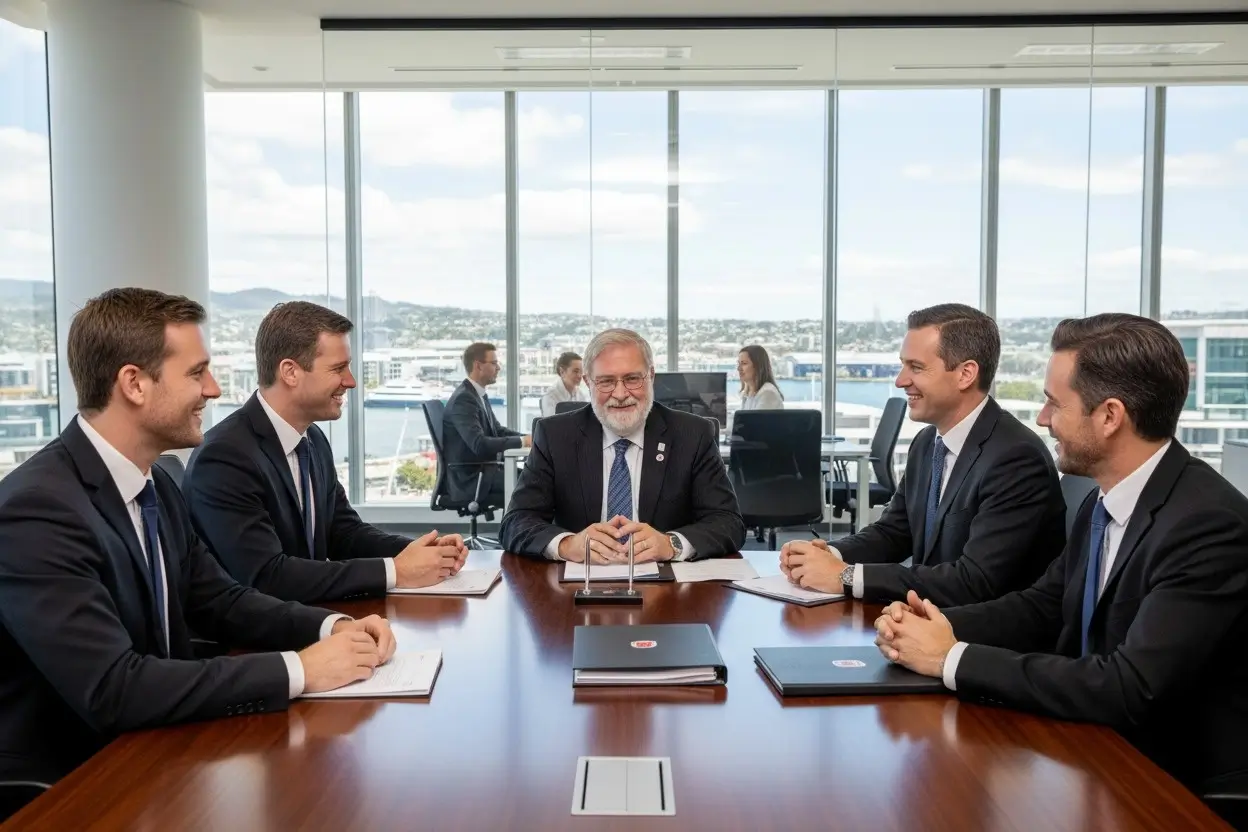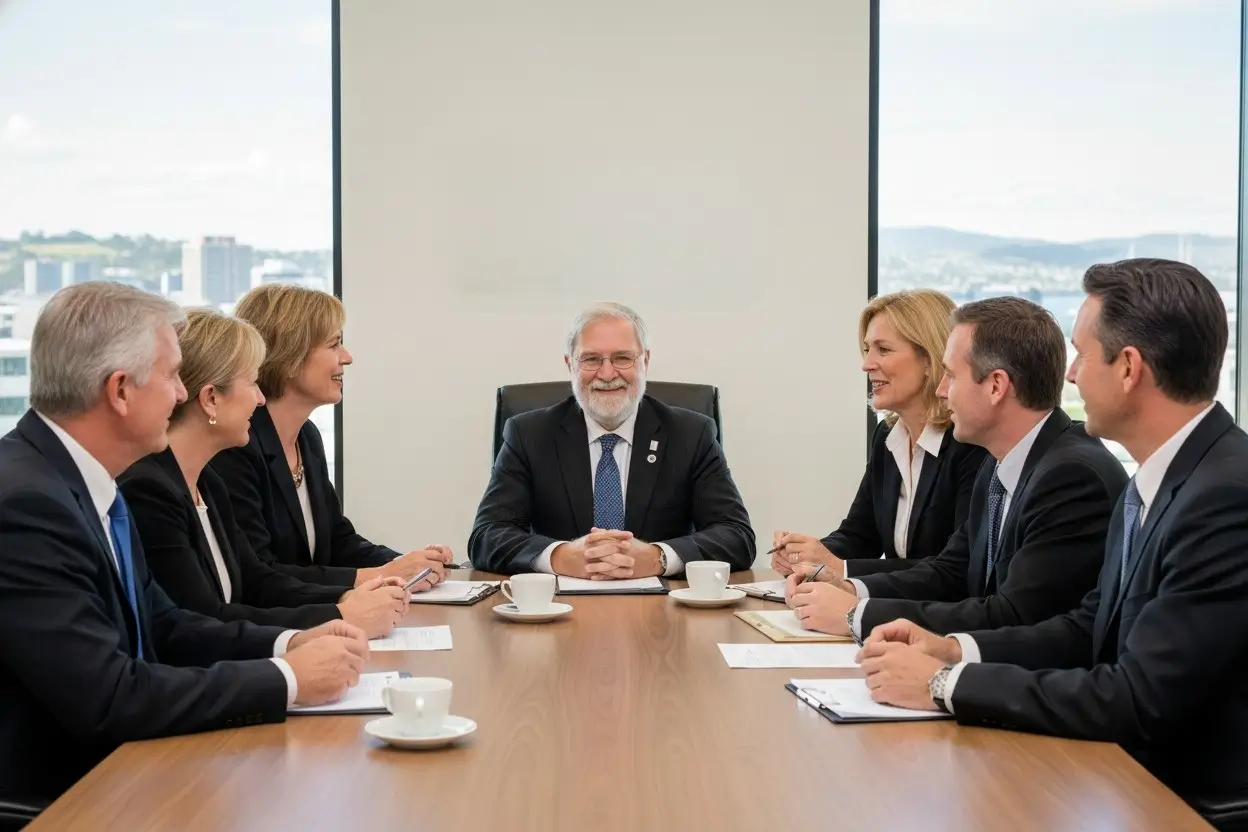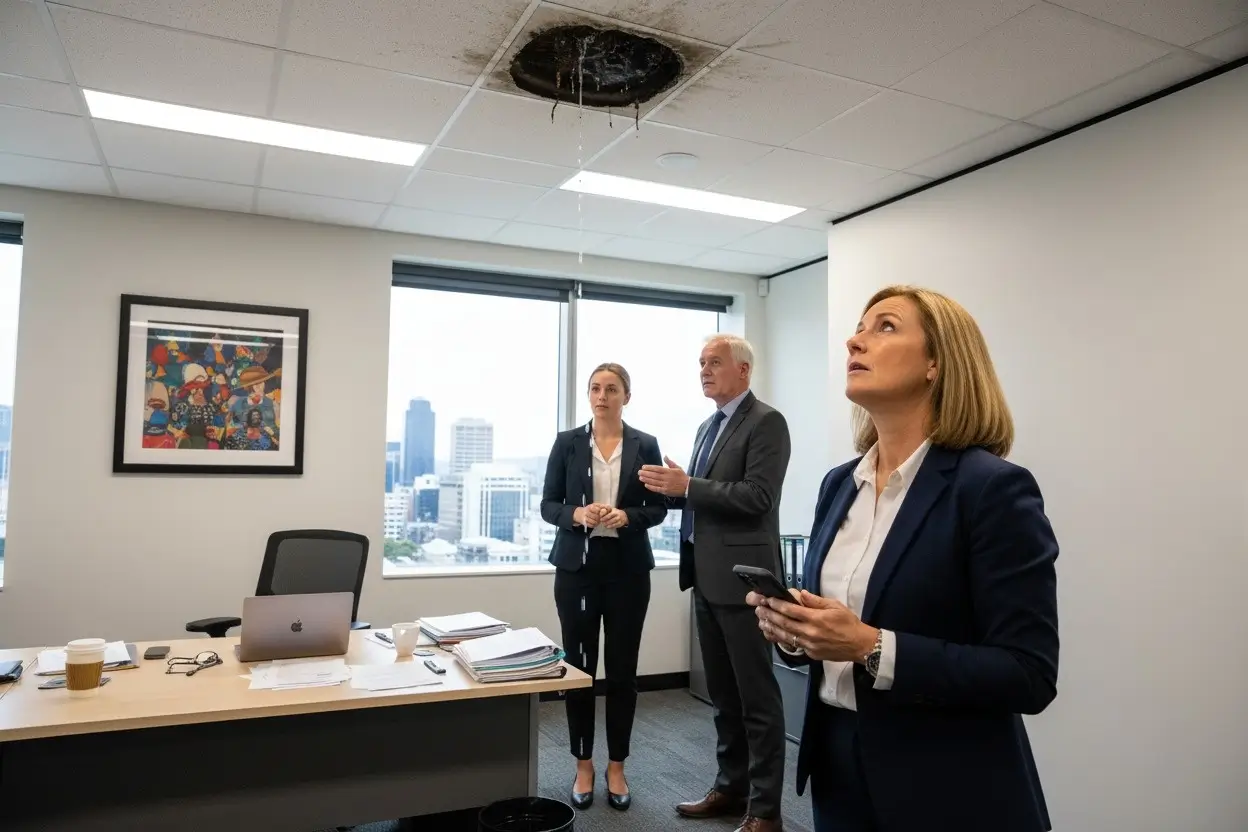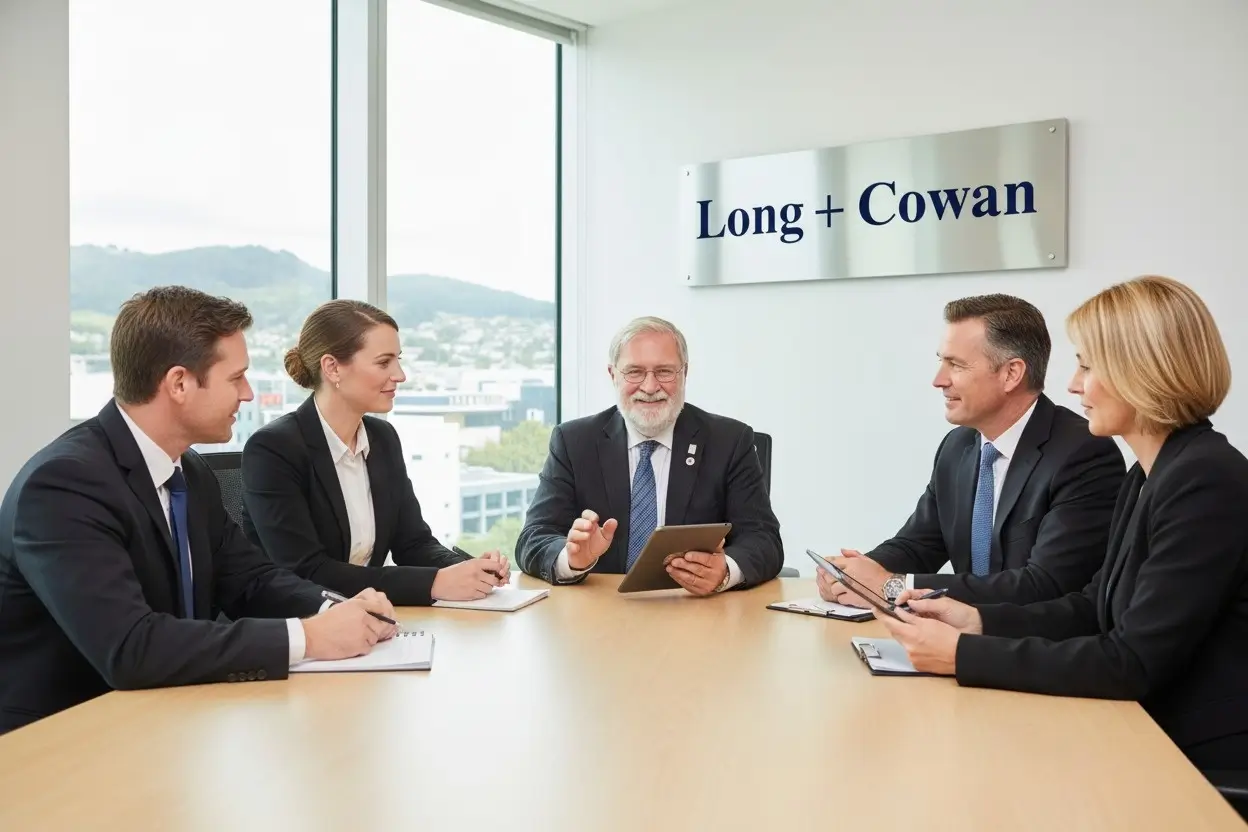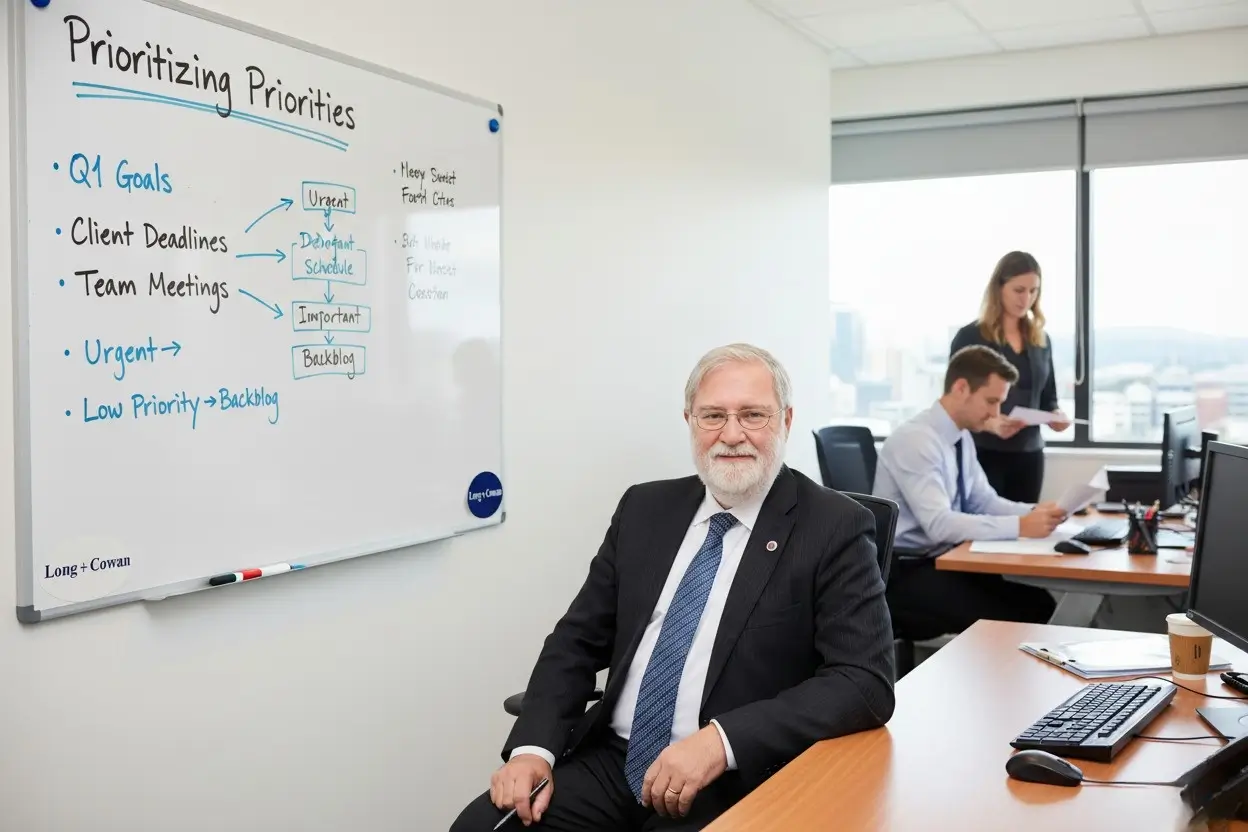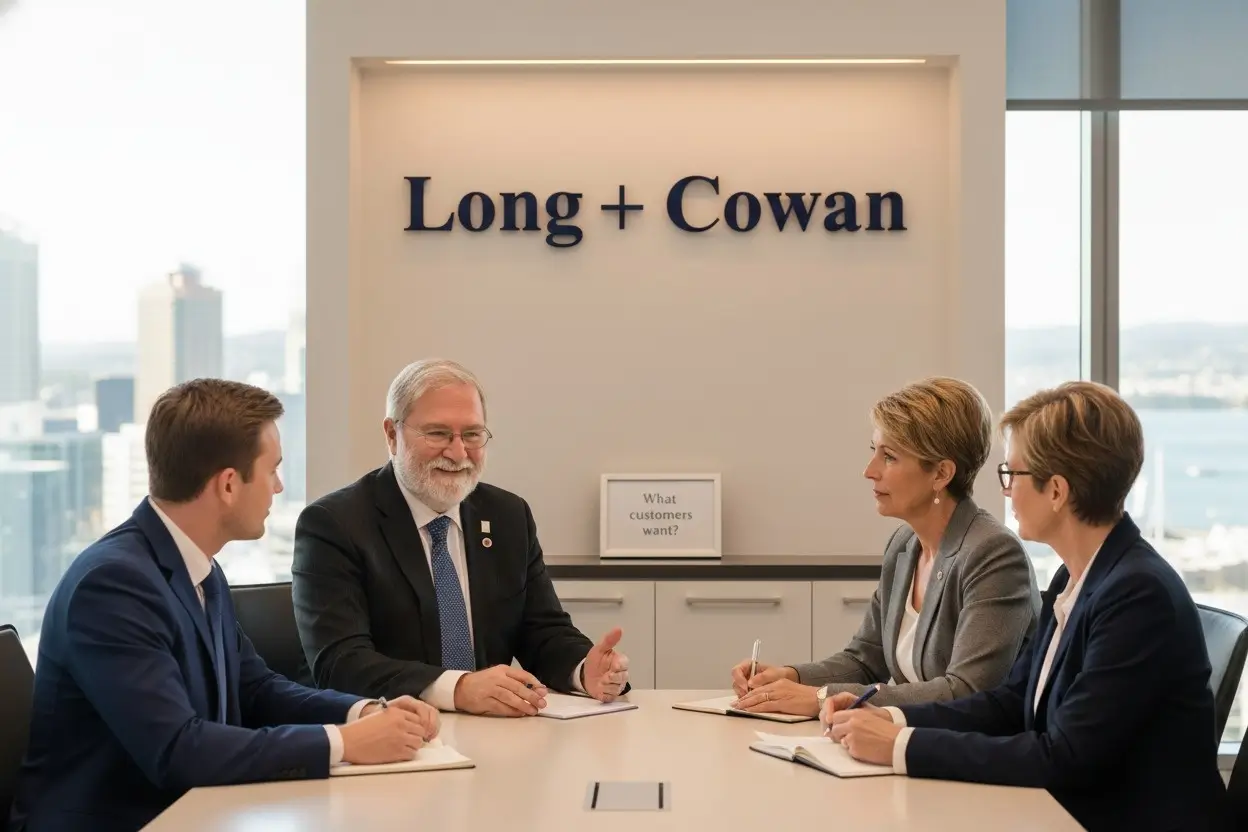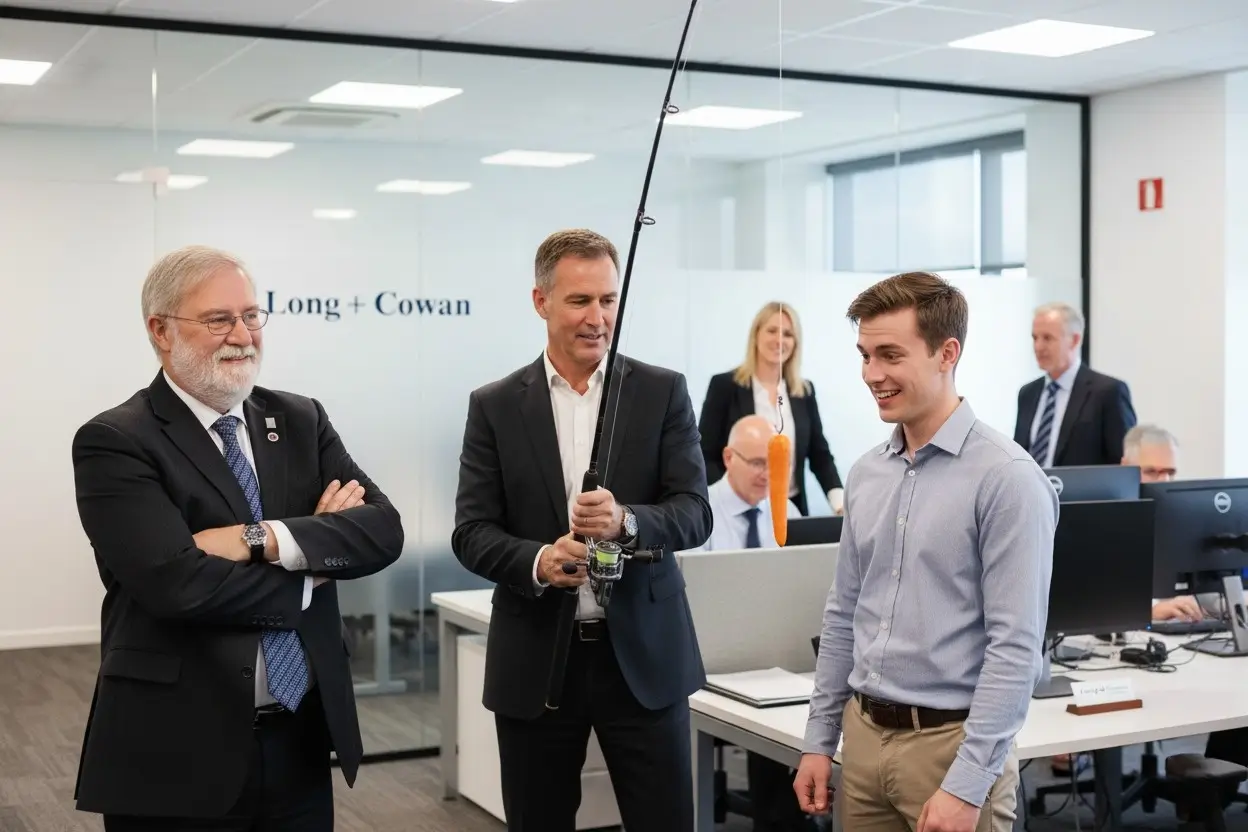Every successful business relies on clear financial planning. Without a budget, decisions are based on instinct rather than evidence. At Long + Cowan, we help Wellington businesses use budgeting to forecast performance, control spending, and set realistic goals.
A well-prepared budget is more than a spreadsheet. It is a management tool that guides strategy, measures progress, and identifies risks before they become problems. Businesses that budget consistently grow faster and manage change with greater confidence.
Understanding the Purpose of a Budget
A budget outlines how your business plans to earn and spend money over a specific period. It links revenue goals to costs, ensuring that plans remain financially achievable. By comparing actual results to projections, you can see where adjustments are needed and take timely action.
Good budgeting provides accountability. It allows owners, managers, and staff to understand financial expectations and how their work contributes to the company’s overall health.
Connecting Budgeting to Business Strategy
Budgets should not exist in isolation. They must support business objectives such as expansion, equipment upgrades, or new service lines. Aligning budgets with long-term goals ensures that short-term spending decisions move the company in the right direction.
At Long + Cowan, we work with clients to link budgets to their business strategies. This integrated approach creates a clear financial path that supports both daily operations and future investment.
Types of Budgets Every Business Should Use
Businesses often benefit from preparing several types of budgets, each serving a specific purpose:
- Operating Budget: Forecasts income and expenses for daily operations.
- Cash Flow Budget: Tracks when money will be received and paid out to maintain liquidity.
- Capital Budget: Plans for major purchases such as vehicles, technology, or property.
- Project Budget: Defines costs and income for specific assignments or contracts.
Combining these provides a complete view of your financial position and helps manage both short-term and long-term requirements.
Steps to Create an Effective Budget
Creating a practical budget begins with accurate data. Follow these key steps:
- Review past financial results to understand patterns and costs.
- Estimate future income based on realistic market expectations.
- Identify essential expenses and potential savings.
- Allow for contingencies such as seasonal changes or unexpected costs.
- Monitor performance monthly and adjust where necessary.
Consistency is the key. Regular reviews ensure your budget remains relevant as conditions change.
The Link Between Budgeting and Cash Flow
Budgeting and cash flow management work together. Even profitable businesses can struggle if cash timing is not managed correctly. A budget predicts profitability, while a cash flow plan ensures you can meet commitments as they arise.
We help Wellington businesses forecast both simultaneously, ensuring sufficient funds for operations, tax obligations, and growth opportunities.
Avoiding Common Budgeting Mistakes
Businesses often underestimate costs or overestimate revenue. This creates unrealistic expectations and unnecessary pressure. Including a safety margin in every budget provides flexibility and reduces risk.
Another common mistake is creating a budget and then ignoring it. Reviewing and updating regularly ensures it remains a useful management tool rather than an outdated document.
Involving Your Team in the Budget Process
Budgeting should not be limited to management. Involving key staff improves accuracy and builds accountability. Team members can provide insight into actual costs, workflow challenges, and potential savings.
When staff participate, they understand the financial goals and work more efficiently to achieve them. Collaboration also encourages creative problem-solving and ownership of results.
Using Technology to Simplify Budgeting
Modern accounting software such as Xero and MYOB provides tools for budgeting and variance analysis. Automation reduces manual data entry and helps track results in real time.
These systems allow you to compare actual performance against targets instantly, helping identify deviations early. We guide clients in setting up digital budgets that integrate seamlessly with their accounting records.
Monitoring Performance and Making Adjustments
A budget must evolve with the business. Regular reviews allow comparison between planned and actual figures. Analysing variances reveals which areas need attention.
If revenue falls short, you may need to reduce costs or increase marketing effort. If profits exceed forecasts, surplus funds can be reinvested strategically. Regular monitoring transforms budgeting into a living management process.
Budgeting for Growth and Investment
Budgets are not only about cost control. They also prepare businesses for growth. Planning capital expenditure ensures new investments fit within overall strategy and cash flow capacity.
At Long + Cowan, we help Wellington businesses model different growth scenarios. This allows decision-makers to understand potential outcomes before committing to expansion or major purchases.
The Role of Forecasting in Budgeting
Forecasting complements budgeting by predicting how trends might affect future performance. Adjusting forecasts regularly ensures your plans remain accurate as conditions shift.
Combining short-term forecasts with annual budgets gives businesses both stability and adaptability. This blend supports strong management and reduces surprises.
Using Budgets to Manage Risk
Budgeting helps identify and mitigate financial risk. By understanding cost structures and income patterns, you can plan for slow periods, price changes, or unforeseen expenses.
We assist clients in building contingency funds within their budgets. These reserves provide a safety net, ensuring operations continue even when challenges arise.
Turning Budget Data into Strategy
Budgets provide valuable insights when used for decision-making. Comparing results across months or departments highlights strengths and weaknesses. Analysing these trends guides resource allocation and strategic priorities.
Numbers are more than records; they are indicators of efficiency and opportunity. We help businesses interpret data so that every financial report supports smarter management decisions.
Reviewing and Refining Your Budget Annually
Regular review ensures that your budget evolves with your business. Economic conditions, technology, and market demand all change. Annual updates maintain accuracy and relevance.
Conducting mid-year reviews also improves responsiveness. Adjusting quickly keeps performance on track and prevents issues from compounding over time.
Professional Support for Smarter Budgeting
Accurate budgeting requires skill and perspective. Working with experienced accountants brings clarity and precision to your planning process.
At Long + Cowan, we provide tailored budgeting and forecasting support for Wellington businesses. For practical advice on improving your financial planning, contact us for more info by filling in an enquiry form or e-mailing or calling us during office hours.













